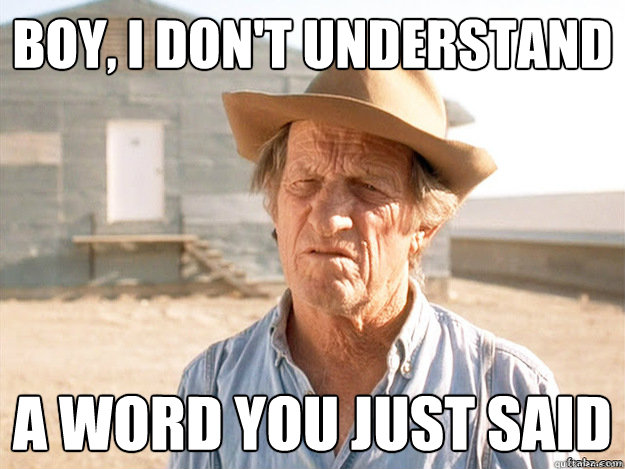At least according to this dialogue from Star Trek VI: The Undiscovered Country:
According to the C-in-C (Commander-in-Chief), dismantling Starfleet would not affect the Federation's "exploration and scientific programs".
Ironically, it was the Federation that broke the Khitomer Accords signed at the end of the events depicted in the film, as seen in VOY: "The Voyager Conspiracy":
According to Star Trek: Insurrection, subspace weapons were banned by the Accords:
Additionally, Starfleet vessels come equipped with spatial charges, which act as subspatial charges when fired into subspace.
What do you think?
MILITARY AIDE: Bill, are we talking about mothballing the Starfleet?
C in C: I'm sure that our exploration and scientific programs would be unaffected, Captain, but...
CARTWRIGHT: I must protest. To offer the Klingons a safe haven within Federation space is suicide. Klingons would become the alien trash of the galaxy. And if we dismantle the fleet, we'd be defenceless before an aggressive species with a foothold on our territory. The opportunity here is to bring them to their knees. Then we'll be in a far better position to dictate terms.
. . .
KIRK: The Klingons have never been trustworthy. I'm forced to agree with Admiral Cartwright. This is a terrifying idea.
C in C: I'm sure that our exploration and scientific programs would be unaffected, Captain, but...
CARTWRIGHT: I must protest. To offer the Klingons a safe haven within Federation space is suicide. Klingons would become the alien trash of the galaxy. And if we dismantle the fleet, we'd be defenceless before an aggressive species with a foothold on our territory. The opportunity here is to bring them to their knees. Then we'll be in a far better position to dictate terms.
. . .
KIRK: The Klingons have never been trustworthy. I'm forced to agree with Admiral Cartwright. This is a terrifying idea.
According to the C-in-C (Commander-in-Chief), dismantling Starfleet would not affect the Federation's "exploration and scientific programs".
Ironically, it was the Federation that broke the Khitomer Accords signed at the end of the events depicted in the film, as seen in VOY: "The Voyager Conspiracy":
SEVEN: The Captain ordered Commander Tuvok to destroy the array. He fired two tricobalt devices. Are those weapons normally carried on Federation Starships?
CHAKOTAY: No.
SEVEN: Yet they were part of Voyager's arsenal. Why?
CHAKOTAY: I can't explain that.
SEVEN: I can. Neither phasers nor torpedoes are capable of creating a tear in subspace. A tricobalt device is. . . .
CHAKOTAY: No.
SEVEN: Yet they were part of Voyager's arsenal. Why?
CHAKOTAY: I can't explain that.
SEVEN: I can. Neither phasers nor torpedoes are capable of creating a tear in subspace. A tricobalt device is. . . .
According to Star Trek: Insurrection, subspace weapons were banned by the Accords:
DANIELS: They've detonated an isolytic burst. A subspace tear is forming.
RIKER: On screen.
PERIM: I thought subspace weapons were banned by the Khitomer Accord.
RIKER: Remind me to lodge a protest.
RIKER: On screen.
PERIM: I thought subspace weapons were banned by the Khitomer Accord.
RIKER: Remind me to lodge a protest.
Additionally, Starfleet vessels come equipped with spatial charges, which act as subspatial charges when fired into subspace.
What do you think?



